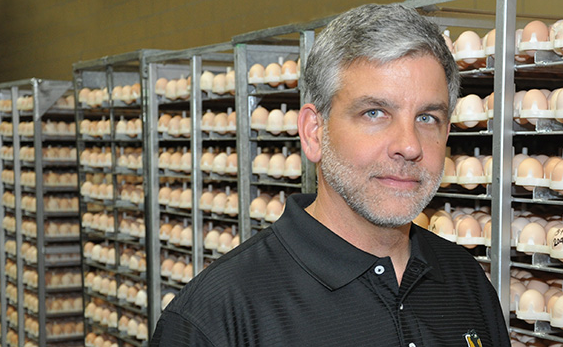



Anticoccidial sensitivity tests: Useful or not?
Can ASTs actually represent real-life commercial chicken production?Many years ago, part of my master’s degree thesis involved evaluating whether or not anticoccidial sensitivity tests (ASTs) actually represent real-life commercial chicken production.
To conduct ASTs, different groups of Eimeria-free birds are infected with field isolates of coccidia. The dosage of coccidia is high enough to cause coccidiosis in untreated controls. The other birds are divided into groups that each receive a different anticoccidial. Theoretically, ASTs will reveal the anticoccidial that will best control the Eimeria found in field samples.
Discordant process
Consider that for ASTs, however, birds are reared in battery cages, not on litter-covered floors. They are challenged by one bolus dose of coccida instead of the continuous exposure birds in commercial barns get.
My professor at the time conducted ASTs for anticoccidial manufacturers and found that ionophores did not perform well even though they were favored by most US commercial chicken integrators. And based on the research I conducted for my thesis, I concluded that ASTs did not accurately reflect the real-life coccidiosis challenge presented to floor-reared, commercial broilers.1
‘I use ASTs’
Fast forward to my role as a veterinarian for a commercial broiler production company. I use ASTs. I don’t rely on them alone to select anticoccidials, but I find them helpful. I look at comparisons within anticoccidial classes to see which products might control the coccidia isolated from the flocks I oversee.
For example, among the available ionophores, I look for the product associated with the fewest gross and microscopic lesions of each Eimeria species identified. I compare other classes of compounds separately from the ionophores.
Read more about ASTs, click here.
1 Stayer PA, et al. Comparison of Laboratory Anticoccidial Testing to Field Performance. 12th Annual Meeting of the Southern Poultry Science Society, Atlanta, GA. 1991 January 28.









